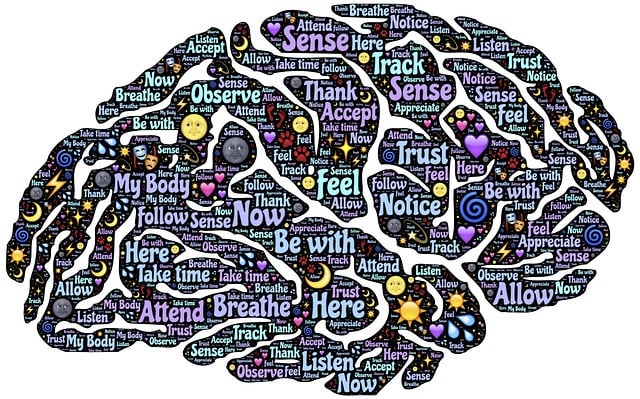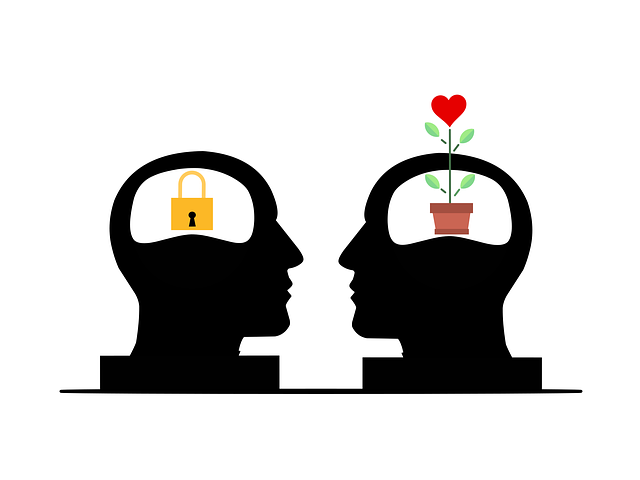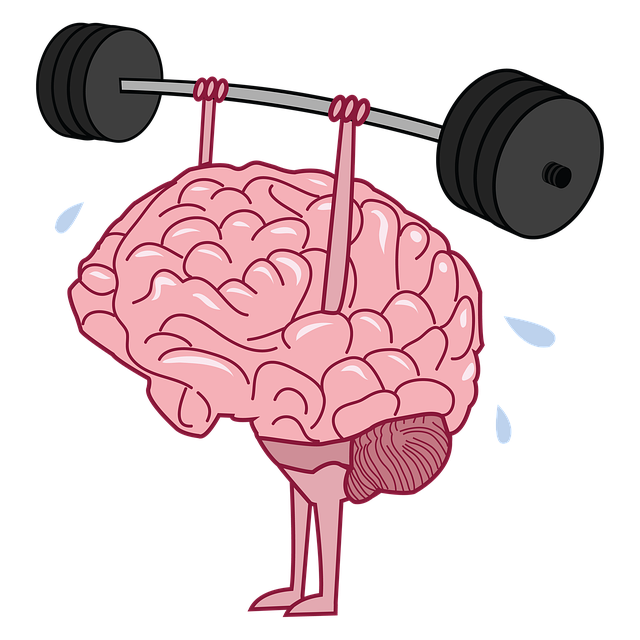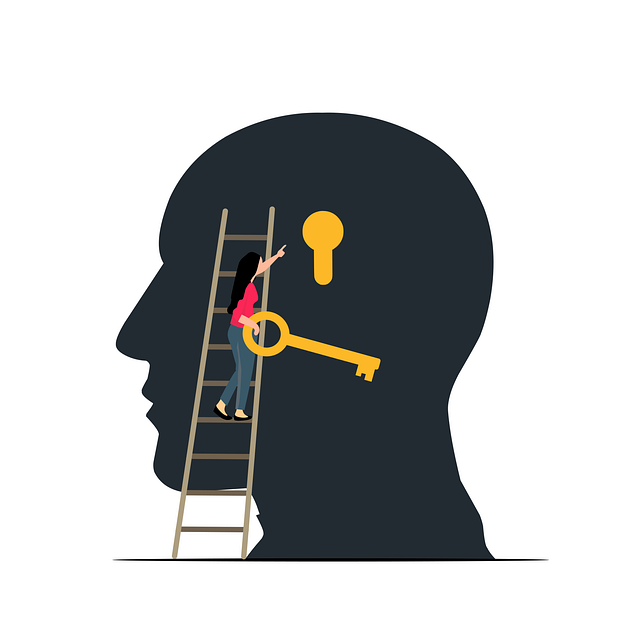Wheat Ridge Hebrew Speaking Therapy promotes mental wellness through personalized self-care practices, addressing emotional, psychological, and social health. Their holistic approach integrates mindfulness, exercise, diet, boundaries, creativity, and social connections, fostering resilience, self-esteem, coping mechanisms, and empathy. By prioritizing cultural sensitivity and identifying individual triggers and preferences, they guide clients in developing sustainable self-care routines that enhance mental health, confidence, and life satisfaction.
“Unwind, rejuvenate, and embrace a healthier you! This comprehensive guide explores the art of cultivating a mental wellness self-care routine. We delve into the foundational aspects of mental health awareness and self-preservation, offering insights from Wheat Ridge Hebrew Speaking Therapy experts.
Learn how to identify your unique needs, prioritize self-care practices, and craft a holistic routine tailored to your well-being. Discover strategies for seamless integration into daily life and methods to track your progress towards a happier, more balanced you.”
- Understanding Mental Wellness and Self-Care
- Identifying Personal Needs and Priorities
- Crafting a Holistic Routine with Wheat Ridge Hebrew Speaking Therapy
- Integrating Self-Care into Daily Life and Tracking Progress
Understanding Mental Wellness and Self-Care

Mental wellness is a crucial aspect of overall well-being, encompassing emotional, psychological, and social health. It involves managing stress, maintaining positive relationships, and cultivating a sense of purpose. At Wheat Ridge Hebrew Speaking Therapy, we understand that self-care is a fundamental practice in achieving and sustaining mental wellness. It’s not just about taking breaks or indulging in leisure activities; it’s a proactive approach to nurturing one’s mind and soul.
Self-care routines are personalized and unique to each individual, much like the diverse needs of our clients at Wheat Ridge Hebrew Speaking Therapy. They can include various activities such as mindfulness practices, regular exercise, maintaining a balanced diet, setting boundaries, engaging in creative pursuits, and seeking social connections. By incorporating these self-care strategies into daily life, individuals can enhance their resilience, boost self-esteem (an essential aspect of Mental Health Policy Analysis and Advocacy), and develop effective coping mechanisms. Moreover, empathy-building strategies play a significant role, fostering understanding and connection with oneself and others.
Identifying Personal Needs and Priorities

Developing a self-care routine tailored to your personal needs is a transformative step towards enhancing mental wellness, especially when guided by professionals like those at Wheat Ridge Hebrew Speaking Therapy. It involves an introspective journey to identify what truly nourishes and rejuvenates your mind, body, and spirit. Start by reflecting on your daily life—what activities bring you joy, peace, or a sense of accomplishment? Perhaps it’s spending time in nature, engaging in creative pursuits, practicing mindfulness, or connecting with loved ones.
Prioritizing self-care means recognizing cultural sensitivity in mental healthcare, understanding your unique triggers and coping mechanisms. This process allows for the integration of practices that resonate with your identity. For instance, incorporating cultural traditions or spiritual rituals into your routine can foster a deeper sense of connection and well-being. By focusing on what matters most to you, you create a sustainable self-care routine that supports not just mental health but also boosts confidence and overall life satisfaction.
Crafting a Holistic Routine with Wheat Ridge Hebrew Speaking Therapy

At Wheat Ridge Hebrew Speaking Therapy, we understand that crafting a holistic mental wellness self-care routine is essential for overall well-being. Our approach integrates various therapeutic techniques and stress reduction methods tailored to each individual’s unique needs. We believe in addressing the mind, body, and spirit interconnectedness, ensuring our clients develop sustainable coping strategies.
Through personalized therapy sessions, we guide individuals in discovering effective self-care practices. This may include mindfulness exercises, cognitive behavioral therapy for managing anxiety and depression, as well as social skills training to foster meaningful connections. By combining these evidence-based practices with the support of a multilingual team, we aim to enhance public awareness campaigns development related to mental health, making resources accessible to diverse communities.
Integrating Self-Care into Daily Life and Tracking Progress

Integrating self-care into daily life is a transformative journey that requires dedication and consistency. It’s not just about fitting in moments of relaxation; it’s about cultivating a routine that nourishes your mental wellness. Start by identifying activities that resonate with you—whether it’s engaging in creative pursuits, spending time in nature, practicing mindfulness meditation, or connecting with loved ones. Consistency is key; aim to incorporate these practices into your schedule regularly, just as you would any other important appointment or task.
Tracking your progress can provide valuable insights into what works best for your unique needs. Keep a journal to record your self-care activities and their impact on your mental health. Reflect on how you feel before and after each practice—do certain activities leave you feeling calmer, more focused, or happier? This introspection will help you identify patterns and make adjustments to create a truly effective self-care routine tailored by Wheat Ridge Hebrew Speaking Therapy, incorporating elements of Social Skills Training and Cultural Sensitivity in Mental Healthcare Practice.
Developing a mental wellness self-care routine is a transformative journey, and integrating practices like those offered by Wheat Ridge Hebrew Speaking Therapy can be immensely beneficial. By understanding our unique mental health needs and prioritizing self-care, we can create a holistic approach to well-being. This involves identifying personal priorities, crafting a tailored routine, and seamlessly integrating self-care into daily life. With consistent practice and tracking progress, individuals can enhance their mental resilience and overall quality of life.














